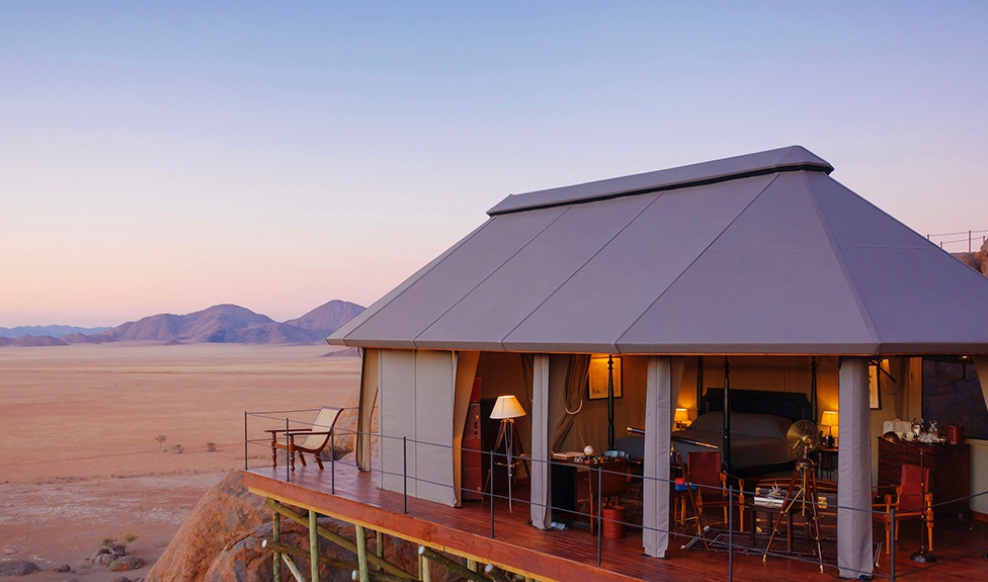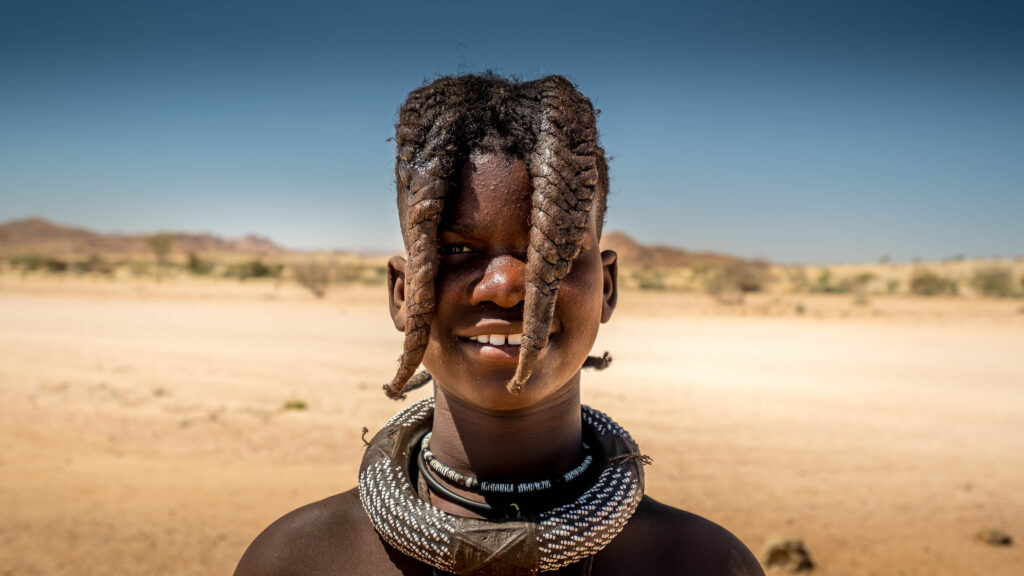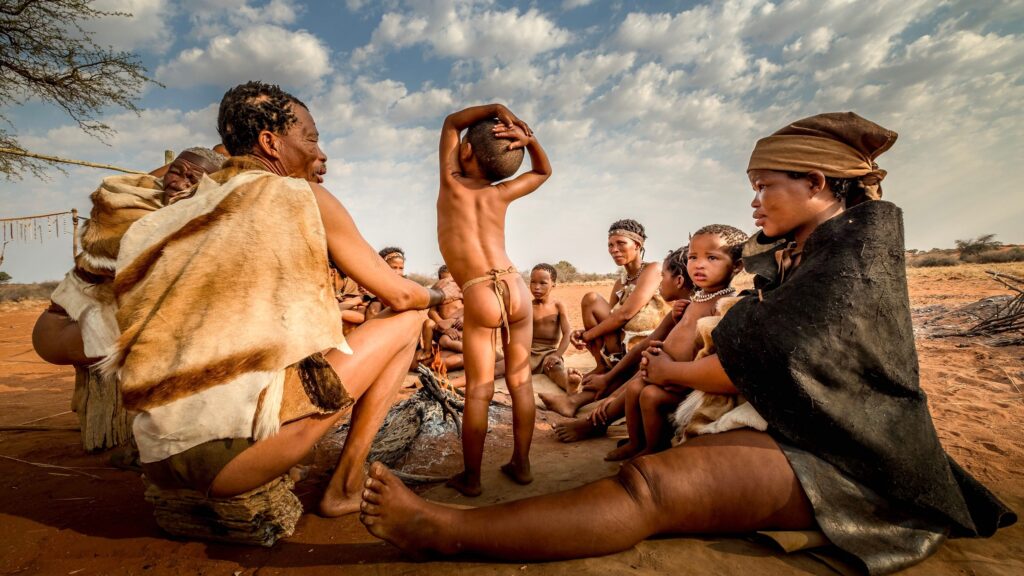Embark on an unforgettable luxury safari adventure in Namibia, where extraordinary landscapes, abundant wildlife, and a rich cultural heritage converge. As more travelers seek meaningful experiences, Namibia’s luxury safari industry has embraced sustainability, creating eco-friendly lodges, ethical wildlife encounters, and community-centered practices that protect this stunning land for future generations. Experience the unique biodiversity of Namibia’s desert regions, where desert-adapted wildlife offers fascinating wildlife experiences amidst the natural beauty and ecological significance of the area. This guide will help you make sustainable travel choices, ensuring your safari adventure leaves a positive impact.
Namibia’s luxury safari industry has experienced significant growth in recent years, becoming a sought-after destination for high-end travelers seeking unique and exclusive wildlife experiences. The industry is characterized by a range of luxury lodges and camps, many of which are nestled in or near Namibia’s renowned national parks and game reserves. These lodges offer an array of amenities and activities, including guided game drives, walking safaris, and scenic flights, all designed to blend seamlessly into their stunning natural surroundings.
One of the key factors driving the growth of Namibia’s luxury safari industry is the country’s unparalleled natural beauty. From the towering sand dunes of Sossusvlei to the rugged coastline of the Skeleton Coast National Park, Namibia boasts a variety of landscapes that are unlike anywhere else on earth. The country is also home to a diverse array of wildlife, including many species that are unique to this part of Africa.
In addition to its natural allure, Namibia’s luxury safari industry is also propelled by a strong commitment to sustainable tourism. Many luxury lodges and camps in Namibia are owned and operated by local communities, offering guests a chance to engage with and learn about local cultures. This approach not only benefits local communities but also helps conserve Namibia’s natural resources and promote its rich cultural heritage.
The Rise of Eco-Friendly Luxury Safaris
Namibia has become a leader in eco-tourism, thanks to progressive conservation policies and a commitment to preserving natural resources. In recent years, luxury safari operators have responded to this shift by adopting sustainable practices that align with eco-conscious travelers’ values. From solar-powered lodges to community partnerships, Namibia’s luxury safari industry prioritizes both high-end comfort and responsible stewardship of the land.
Travelers who choose eco-friendly luxury safaris contribute to conservation initiatives and help sustain local economies. More than a trend, sustainable luxury safaris are a reflection of Namibia’s dedication to environmental protection and community empowerment.
Why Namibia Stands Out in Sustainable Safari Tourism: Skeleton Coast National Park
Namibia was the first African country to incorporate environmental protection into its constitution. The government, in partnership with NGOs and local communities, has created extensive conservancies that protect ecosystems while benefiting local people. With a commitment to ethical tourism, Namibia’s luxury safari sector offers a rare opportunity to experience wild Africa responsibly, balancing luxury with a low environmental impact.
Conservation Efforts in Namibia’s Etosha National Park
Namibia’s national parks, including the famous Etosha National Park, are known for their beauty and biodiversity. Conserving these ecosystems has become a top priority, with significant efforts focused on wildlife preservation and habitat protection. Two of the country’s most renowned parks, Etosha National Park and Namib-Naukluft National Park, are prime examples of conservation in action.
Community and Wildlife Conservancies
A unique feature of Namibia’s conservation model is its extensive system of community-based conservancies. These conservancies, managed by local communities, cover nearly 20% of Namibia’s land, protecting habitats while allowing sustainable tourism. By visiting these areas, travelers support both conservation and the well-being of local communities who depend on tourism for their livelihoods.
Anti-Poaching Initiatives and Endangered Species Protection
Namibia’s luxury safari operators play a crucial role in supporting anti-poaching initiatives. By funding and collaborating with conservation groups, these companies help protect endangered species like the black rhino, which has seen its numbers stabilized in recent years. Travelers who choose responsible operators contribute to efforts that safeguard Namibia’s unique wildlife for generations to come.
Green Practices in Luxurious Safari Lodge

Namibia’s luxury lodges have embraced sustainable practices, making luxurious suites within them some of the most eco-friendly accommodations in Africa. Each suite features its own plunge pool, offering a luxurious amenity that enhances privacy and relaxation. These practices are woven into the design, construction, and operation of the lodges, creating a minimal environmental footprint without compromising comfort.
Sustainable Building and Design
Many luxury safari lodges are built using locally sourced, sustainable materials that blend seamlessly with the natural environment. Lodges often employ energy-efficient designs and natural cooling techniques, reducing their need for electricity. Some lodges are even entirely off-grid, powered by renewable energy sources such as solar power.
Water Conservation and Waste Management
Given Namibia’s arid climate, water conservation is critical. Many lodges utilize greywater recycling systems, low-flow fixtures, and rainwater harvesting to minimize their impact on water resources. Additionally, sustainable lodges implement waste management programs that recycle and compost, reducing the amount of waste sent to landfills.
Community Involvement and Cultural Preservation
Luxury safari operators in Namibia recognize that local communities are an essential part of sustainable tourism. Many of these operators collaborate with indigenous communities, providing them with training, employment, and economic opportunities.
Empowering Local Communities
Through initiatives that support education, healthcare, and infrastructure, luxury safari operators help improve the quality of life for nearby communities. By hiring local guides and staff, these operators ensure that communities benefit directly from tourism. This sustainable approach provides communities with incentives to protect their land and culture, enriching the experience for travelers.
Respecting Cultural Heritage
In Namibia, responsible tourism involves respecting and celebrating the unique cultural heritage of indigenous groups like the Himba, Herero, and San people. Some luxury safari and lodges in namibia offer culturally immersive experiences led by community members, allowing travelers to learn about local traditions, art, and ways of life. Supporting these experiences helps preserve Namibia’s cultural heritage while offering authentic and meaningful interactions.

The Benefits of Carbon-Neutral Safari Travel
With rising awareness of climate change, the carbon footprint of air travel and luxury tourism has become a concern for eco-conscious travelers. Many Namibian safari operators now offer carbon-neutral packages, including immersive wilderness safaris that emphasize eco-friendly practices and community partnerships, allowing travelers to offset the emissions from their journey.
How Carbon Offsetting Works
Carbon offset programs allow travelers to invest in environmental projects that reduce greenhouse gas emissions. These projects often include reforestation, renewable energy, or energy-efficient initiatives. By offsetting carbon, travelers can reduce their impact on the environment while still enjoying a luxury safari experience.
Choosing Carbon-Neutral Safari Operators
When booking a safari, look for operators committed to sustainability and carbon neutrality. Many lodges and tour operators provide transparent information about their offset programs, helping you make an informed choice about the environmental impact of your trip.
Wildlife-Ethical Experiences for Travelers
For many, a safari is about seeing Africa’s magnificent wildlife. However, ethical wildlife tourism goes beyond the thrill of spotting animals; it ensures that these experiences respect animal welfare and natural habitats. The private Ongava game reserve, known for its exclusive and ethical wildlife experiences, offers unmatched privacy and premium accommodations near Etosha National Park, showcasing wildlife like black and white rhinos.
Responsible Wildlife Viewing
Namibia’s ethical safari operators adhere to strict guidelines that prioritize animal well-being. Travelers are encouraged to view wildlife from a safe distance, avoid any actions that disturb animals, and respect the natural rhythm of the ecosystems. By choosing responsible tour operators, travelers help preserve Namibia’s wild spaces and protect animal behavior from human interference.
Educating Travelers on Wildlife Ethics
Safari guides in Namibia play an educational role, sharing insights on wildlife behavior, conservation challenges, and the importance of protecting ecosystems. This education fosters respect and understanding, empowering travelers to make ethical choices on safari.
Choosing Sustainable Safari Operators
Not all safari operators are equally committed to sustainability. When planning a luxury safari in Namibia, it’s important to research and choose a safari lodge that practices responsible tourism.
Identifying Sustainable Operators
Look for certifications such as Fair Trade Tourism or EcoAwards Namibia, which indicate a commitment to environmental and social responsibility. Operators with these certifications follow rigorous guidelines on sustainability, community involvement, and ethical practices.
Evaluating Sustainability Initiatives
Read about the operator’s sustainability initiatives on their website, including water and waste management practices, renewable energy usage, and support for local communities. Ethical safari companies are usually transparent about their practices and eager to share how they contribute to conservation and cultural preservation.
Tourism and Economic Development in Namibia
Tourism is a cornerstone of Namibia’s economy, generating millions of dollars in revenue each year. The burgeoning luxury safari industry has been a significant driver of this growth, attracting high-end travelers eager to experience the country’s unique natural beauty and wildlife.
Beyond revenue generation, tourism plays a crucial role in job creation and economic development in local communities. Many luxury lodges and camps are situated in or near rural areas, providing employment opportunities for local residents. This not only helps to alleviate poverty and reduce inequality but also stimulates economic growth and development in these regions.
However, the expansion of the luxury safari industry also presents several challenges for Namibia. One of the primary challenges is balancing the economic benefits of tourism with the need to conserve the country’s natural resources and promote sustainable development. Achieving this balance requires careful planning, management, and a steadfast commitment to sustainable tourism practices.
Challenges and Opportunities for Sustainable Tourism
Namibia’s luxury safari industry faces the critical challenge of promoting sustainable tourism practices. This includes minimizing the environmental impact of tourism, conserving natural resources, and preserving cultural heritage.
Despite these challenges, there are numerous opportunities for sustainable tourism in Namibia. One significant opportunity is the growth of eco-tourism, which allows guests to experience the country’s natural beauty while promoting conservation and sustainability. Another promising avenue is the development of community-based tourism, which ensures that local communities benefit directly from tourism and helps preserve cultural heritage.
To capitalize on these opportunities, it is essential for the luxury safari industry in Namibia to adopt sustainable tourism practices. This includes reducing energy consumption, conserving water, and promoting recycling and waste reduction. Additionally, it requires a commitment to fair labor practices, cultural sensitivity, and community engagement.
By embracing sustainable tourism practices, Namibia’s luxury safari industry can reduce its environmental impact while promoting economic development and growth in local communities. This approach will help ensure the long-term sustainability of the industry, benefiting both local communities and the environment.

Practical Tips for Travelers on a Sustainable Safari in Namibia
Being a responsible traveler goes beyond choosing eco-friendly accommodations and operators. By supporting local artisans and businesses, you can contribute to the local economy while minimizing your impact on Namibia’s delicate ecosystems and cultural heritage.
Packing Essentials for an Eco-Friendly Safari
Bring reusable water bottles, biodegradable toiletries, and reusable bags to avoid single-use plastics. Lightweight, eco-friendly clothing can help reduce laundry needs, saving water and energy.
Supporting Local Artisans and Businesses
When purchasing souvenirs, consider supporting local artisans who use sustainable materials and traditional methods. By buying directly from communities, you can help preserve Namibia’s rich cultural heritage while avoiding mass-produced items that may have a negative environmental impact.
Conclusion
Namibia’s luxury safari industry offers a model of sustainable tourism that combines high-end experiences with a deep respect for nature and culture. By choosing eco-friendly lodges, supporting local communities, and practicing responsible wildlife tourism, you can enjoy an unforgettable adventure while making a positive impact. As Namibia continues to lead in sustainable safari tourism, travelers have the unique opportunity to be part of a movement that values the land, wildlife, and people who call this extraordinary place home.

